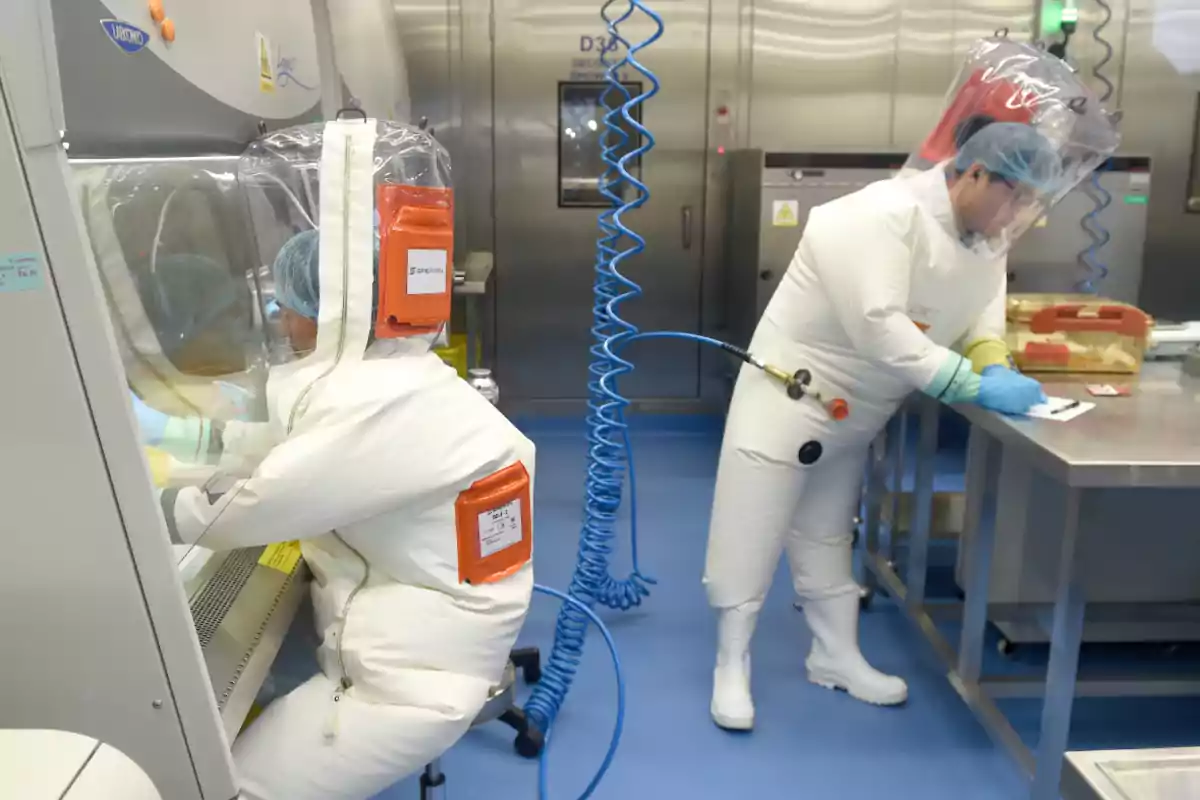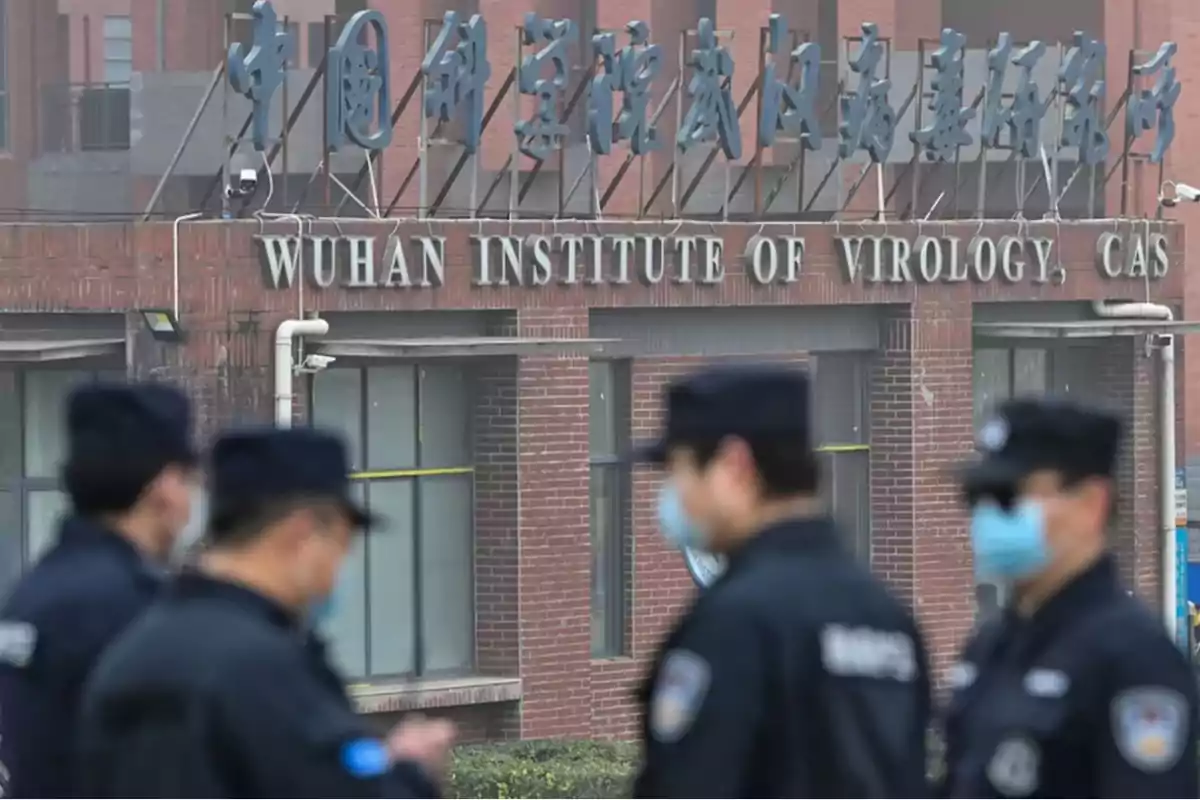
New evidence reinforces the artificial origin of COVID-19 in China
'Now it's known who funded the project and who the researchers were,' said the scientist from Erausquin
The Argentine neuropsychiatrist Gabriel de Erausquin stated that the SARS-CoV-2 virus was artificially created in a laboratory in China. According to him, the coronavirus would be a "synthetic" or "semi-synthetic" virus, a characteristic that had already been noted in the early months of the pandemic by the virologist Li Meng Yan in Shanghai.
After publishing her findings, Yan fled to California after receiving threats from the Beijing regime, De Erausquin recounted in statements to La Nación.
Evidence of the artificial origin of the virus
The specialist recalled that in 2020 two research teams, one in the Netherlands and another in the United Kingdom, independently corroborated the artificial nature of SARS-CoV-2, by studying the manipulation of its main protein.
"Now it is known who funded the project and who the researchers were", De Erausquin stated, indicating that this information can be consulted on the official White House website.
According to the neuropsychiatrist, the virus would have been part of an experiment to develop a vaccine, but it would have accidentally leaked due to the poor biosafety conditions of the Wuhan laboratory.

Global figures reflect the impact: between 2020 and 2021 COVID-19 caused around 15 million deaths, according to United Nations estimates.
Neurological sequelae of long COVID
Beyond the origin of the virus, De Erausquin also warned about the long-term effects of the infection. His team detected that long COVID has genetic links with Alzheimer's disease (AD), especially in predisposed individuals.
In research published in Frontiers in Aging Neuroscience, more than 3,500 adults from eight countries were analyzed. The study concluded that factors such as advanced age, severity of the infection, and loss of smell are determinants in the development of cognitive impairments post-COVID-19.
"Between 10% and 35% of COVID survivors experience persistent symptoms, such as fatigue, memory problems, and dizziness", the scientist indicated.
De Erausquin highlighted that in older adults these symptoms can double the risk of developing dementia-like conditions. The virus would affect brain areas associated with the olfactory and limbic systems, causing inflammation and loss of brain volume.

A call to prioritize research in brain health
The expert's interest in the neuropsychiatric effects of SARS-CoV-2 arose at a WHO meeting in New Delhi, where the creation of the Alzheimer's Association Consortium on the Neuropsychiatric Sequelae of SARS-CoV-2 (CNS SARS-CoV-2) was promoted.
Currently, the consortium continues to study how long COVID can exacerbate the risk of neurodegenerative diseases.
According to the findings, loss of smell would not only be an early symptom of COVID-19, but also a possible indicator of the onset of neurodegenerative processes, which reinforces the importance of monitoring the neurological health of recovered patients.
More posts: